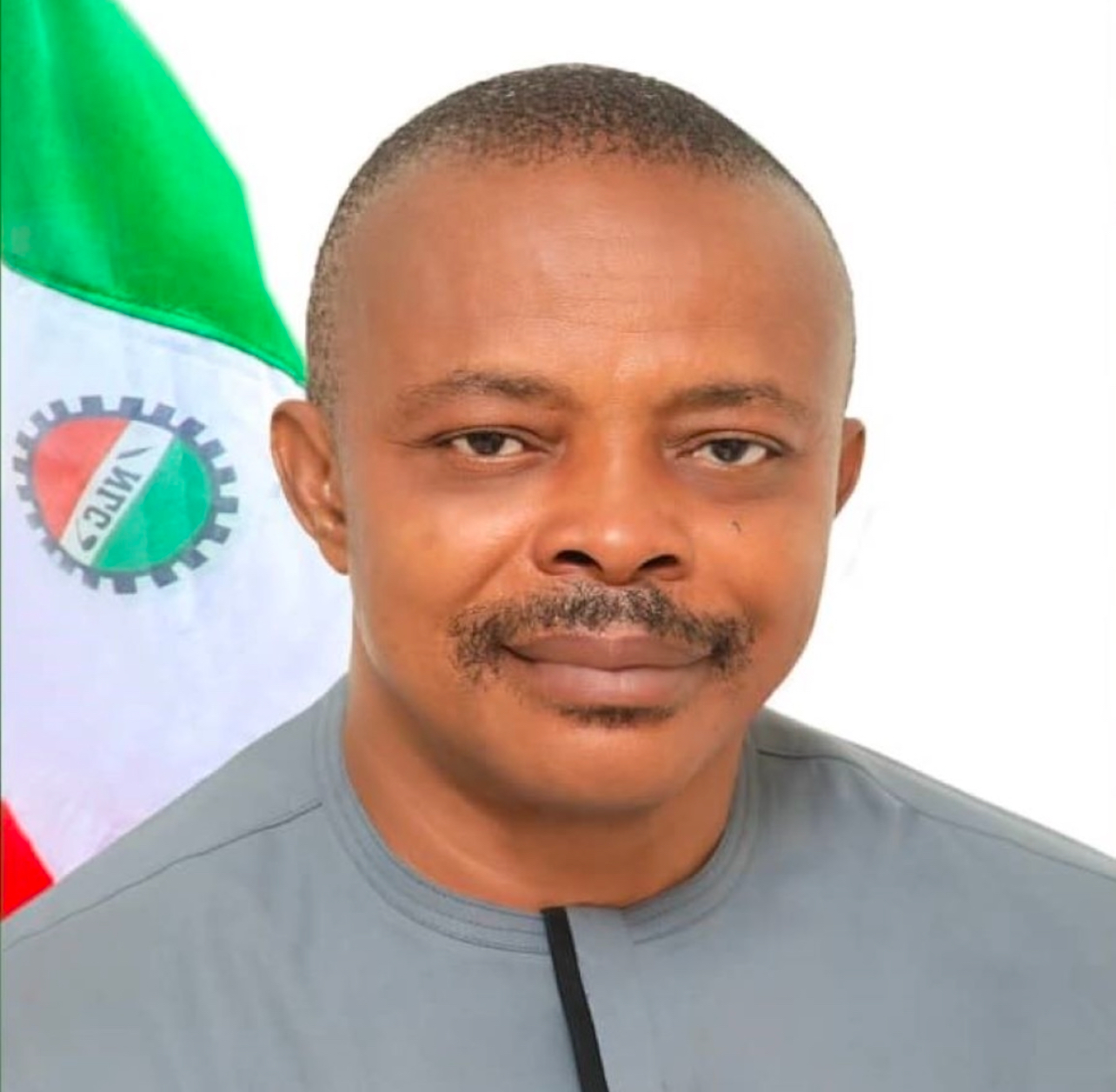A nationwide strike, led by the Nigeria Labour Congress (NLC), began on December 1, 2024, across 14 states and the Federal Capital Territory (FCT). The industrial action follows the failure of several state governments to implement the ₦70,000 minimum wage as stipulated by the 2024 National Minimum Wage Act.
States Affected by the Strike
The NLC confirmed the strike is active in the following states:
- Abia
- Akwa Ibom
- Cross River
- Ebonyi
- Ekiti
- Enugu
- Imo
- Nasarawa
- Kaduna
- Katsina
- Oyo
- Sokoto
- Yobe
- Zamfara
- Federal Capital Territory (FCT)
Why the Strike?
On November 10, 2024, the NLC issued an ultimatum to state governments to comply with the minimum wage policy by November 30, 2024. Failure to meet this deadline triggered the strike, which the union describes as a necessary step to defend Nigerian workers’ rights.
Joe Ajaero, NLC President, said:
“This strike is a direct response to the disregard shown by certain state governments for workers’ welfare and the law. Nigerian workers have waited long enough for what is rightfully theirs.”
Impact of the Strike
The strike has paralyzed key sectors in the affected states:
- Public Services: Government offices and agencies remain closed.
- Education: Academic activities in public schools and universities have been suspended.
- Healthcare: Public hospitals face disruptions, affecting patient care and critical medical services.
- Transportation: Public transport services, including road and rail, have been disrupted.
Government Response
As of December 2, 2024, neither the federal government nor the affected state governments have issued an official statement addressing the strike. Previous efforts to negotiate with the NLC were reportedly inconclusive.
The Way Forward
The NLC has reiterated its commitment to sustaining the strike until the minimum wage is implemented nationwide. The union also announced the formation of a National Minimum Wage Implementation Committee to monitor compliance and mobilize workers across the country.
Joe Ajaero further stated:
This action is not a choice but a necessity. We urge state governments to comply swiftly to prevent further disruptions.
What’s Next?
The nationwide strike has drawn mixed reactions from the public. While workers and unions applaud the NLC’s resilience, others worry about the economic implications of the shutdown. Stakeholders are now waiting to see if the government will initiate new negotiations to address the workers’ demands.
Stay tuned for more updates as the situation develops.
